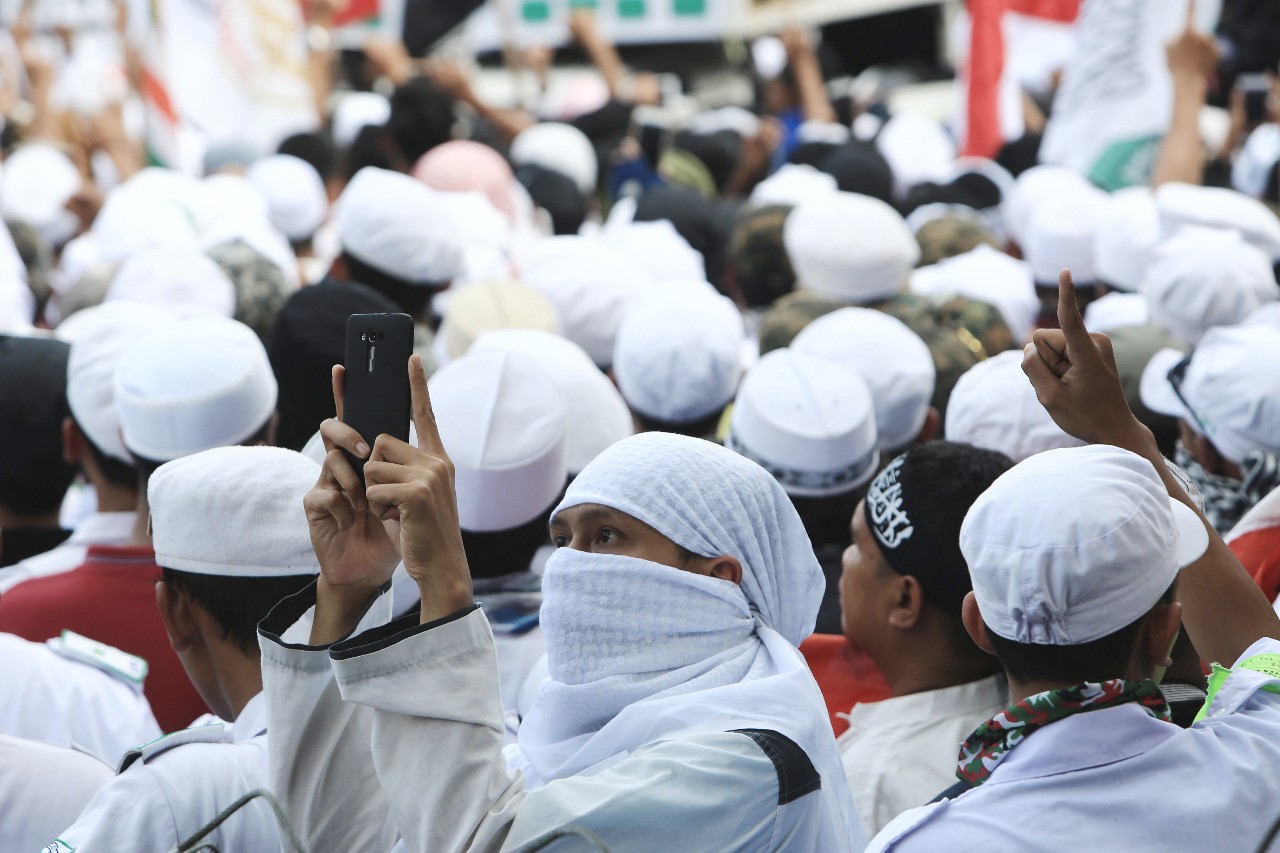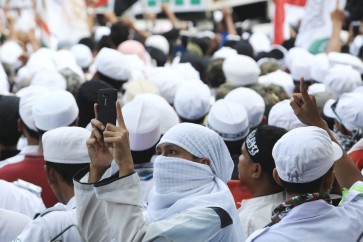Popular Reads
Top Results
Can't find what you're looking for?
View all search resultsPopular Reads
Top Results
Can't find what you're looking for?
View all search resultsSelective humanitarianism of Indonesian Muslims
We only stand up for human rights in abuse cases and issues of discrimination as long as they serve as an extension of our political-religious movements in Indonesia.
Change text size
Gift Premium Articles
to Anyone
O
ur daily news outlets are full of reports on the violence against the Rohingya ethnic group, which have triggered some hardline Islamic groups in Indonesia to organize protests outside famous Buddhist temples. To make matters worse, they, as well as some politicians, have been distributing pictures supposedly from Rakhine, only to inflame the misplaced anger toward the Buddhist community and Buddhism in general.
Instead of making a serious effort to understand the background and dynamics of the conflict, many Indonesian Muslims are deeply ensconced in their own made-up stories about what the conflict is really about. They often have a tendency to practice selective humanitarianism when it comes to the plight of others, as in the case of Myanmar’s Rohingya.
There are two reasons for this phenomenon. First, there is an intentional filter in the way we Indonesian Muslims show our “care” for others. We only stand up for human rights in abuse cases and issues of discrimination as long as they serve as an extension of our political-religious movements in Indonesia.
Therefore, the events that garner the most attention are those cases that are highly symbolic and visible in terms of oppositional perspective.
The Israeli-Palestinian conflict is a case in point. The decadeslong conflict is rich with symbolism, such as the Al-Aqsa Mosque that needs “to be defended” by Muslims, and also filled with raw theatrical elements, such as the handsome Arab martyrs who can be customized and romanticized to invoke deep resentment towards the other side.
Beyond these, the Palestinians’ suffering presents a definitive “other” (the Jews) that can be demonized for all the Muslim world’s problems.
The Rohingya massacre is no different. The fact that most of the Rohingya are Muslims, and the fact that those in power and those who organized the systemic crimes against humanity are mostly Buddhists, feed into the hard-line Indonesian Muslims’ religiopolitical agenda and bolsters their interests. Just like the Israeli-Palestinian conflict, the Rohingya humanitarian crisis provides an explicitness that can be blamed for every other crisis in Muslim society.

















